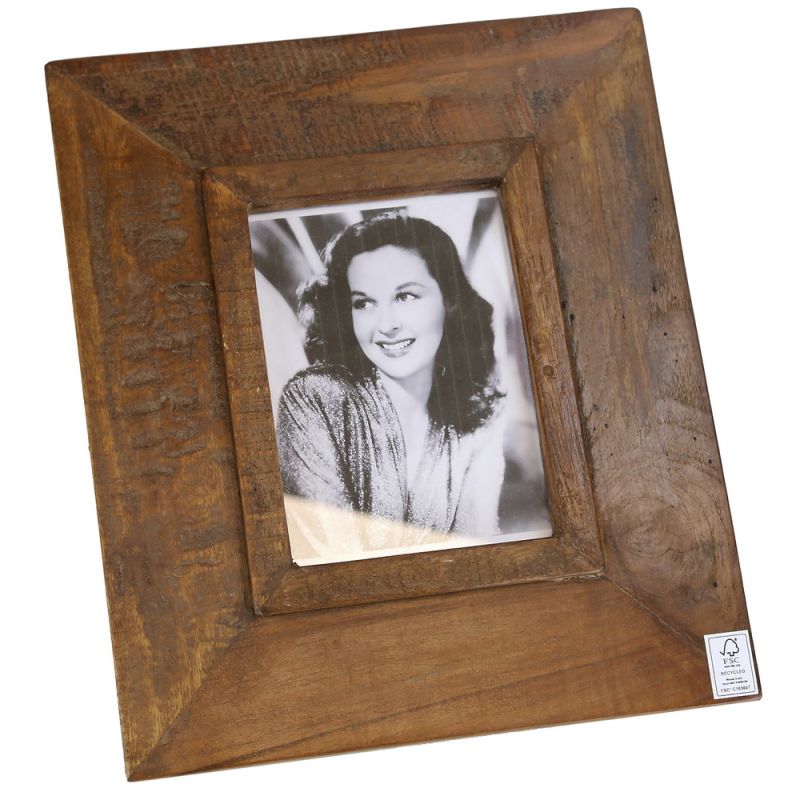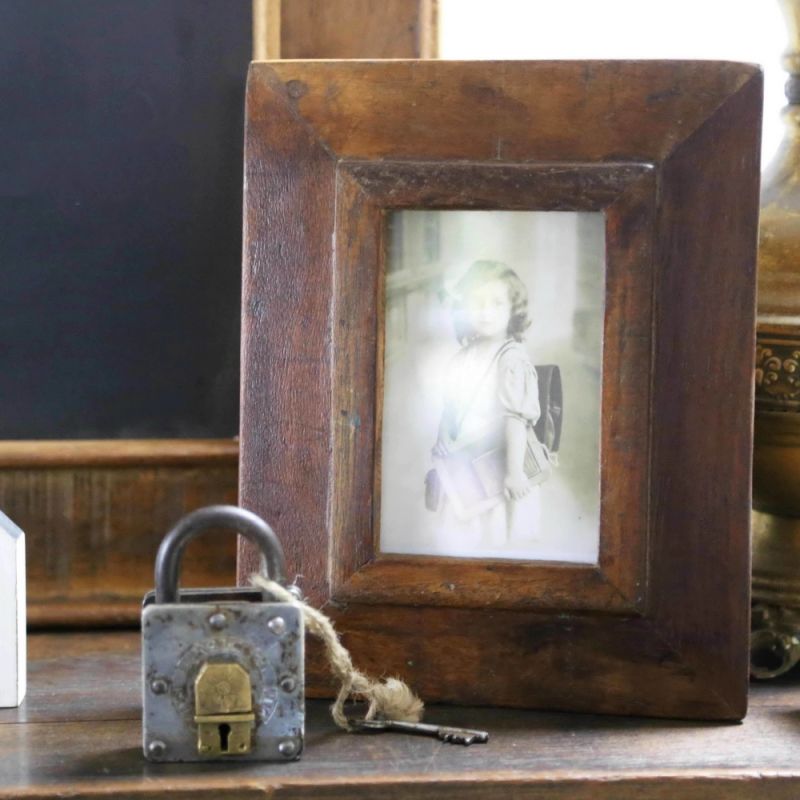
Ξύλινη Διακοσμητικη Κορνίζα Μασίφ άβαφη από ξύλο οξιάς 98x98mm μήκος 244cm 175101.0088-MD/BC - 514710

Κορνίζα Ωκεανός Καλοκαιρινό κέλυφος Ξύλινη κορνίζα Μεσογειακή προσωπικότητα από μασίφ ξύλο Πλαίσιο τραπεζιού Κορνίζα φωτογραφιών Κορνίζα - Badu.gr

Ξύλινη Πολυκορνίζα Κορνίζα Τοίχου για 12 φωτογραφίες σε φυσικό χρώμα ξύλου, 59.5x3x45.5 cm | allSmart

DIY: Φτιάξτε Υπέροχες Κατασκευές με Ξύλα από τη Θάλασσα - spirossoulis.com - the home issuespirossoulis.com – the home issue

Διακοσμητική Κορνίζα Eφέ Ξύλου Natural Γραμμές 10x15cm < Κορνίζες Ξύλινες για Φωτογραφίες 10x15cm | Jumbo

DIY: Φτιάξτε Υπέροχες Κατασκευές με Ξύλα από τη Θάλασσα - spirossoulis.com - the home issuespirossoulis.com – the home issue



















